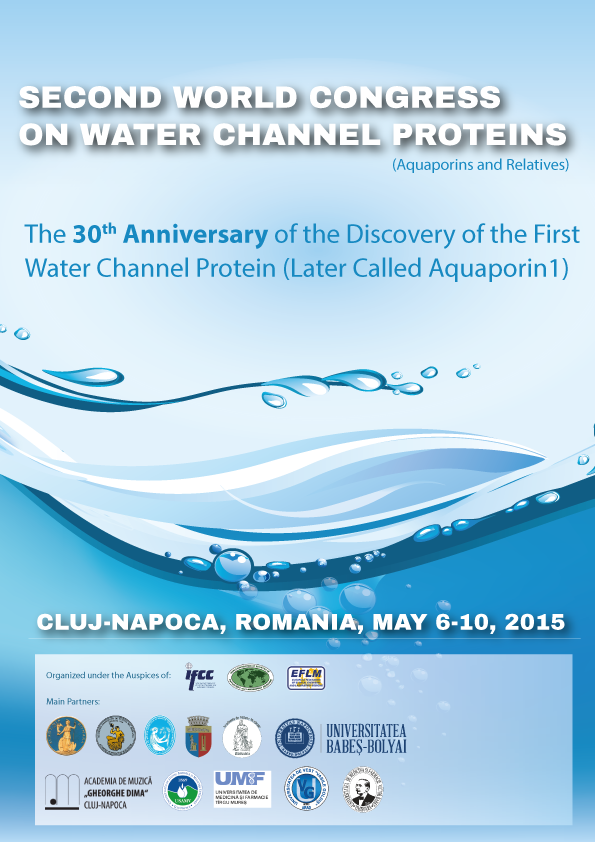The discovery of the first aquaporin, aqp1, occurred during experiments focused on the identity of the rh blood group antigens. since then the field has expanded dramatically to study aquaporins in all types of organisms. in mammals, some of the aquaporins transport only water.. The 1992 discovery of aquaporins by peter agre, membrane proteins facilitating water transport in and out of cells, was deemed so important that agre was awarded the 2003 nobel prize in chemistry (together with roderick mackinnon for his discovery of ion channels). to date, 13 variants of aquaporins have been discovered in humans.. This “first” water channel was originally named chip28 and is now known as aquaporin 1. agre received the nobel prize in chemistry in 2003 for this discovery. there are currently 13 known.
Aquaporins as target for drug discovery
Aquaporins as target for drug discovery
Academia oamenilor de Știință din românia | the academy of
What are aquaporins? aquaporins (often called aquaporin water channels) are a family of small, integral membrane proteins that are expressed broadly throughout the animal and plant kingdoms. they have a similar basic structure, with aquaporin monomers consisting of six transmembrane helical segments and two short helical segments that surround cytoplasmic and extracellular vestibules connected. Aquaporins in drug discovery and pharmacotherapy. huber vj(1), tsujita m, nakada t. author information: (1)center for integrated human brain science, brain research institute, university of niigata, 1 asahi machi-dori, chuo-ku, niigata 951-8585, japan. vjhuber@bri.niigata-u.ac.jp. Aquaporins are also known as water channels and are considered to be ‘the plumbing system for cells’ [15,16].for decades it was assumed that water simply leaked through biological membranes by numerous processes described above. however, these methods of water permeability could not come close to explaining the rapid movement of water across some cells..


0 komentar:
Posting Komentar